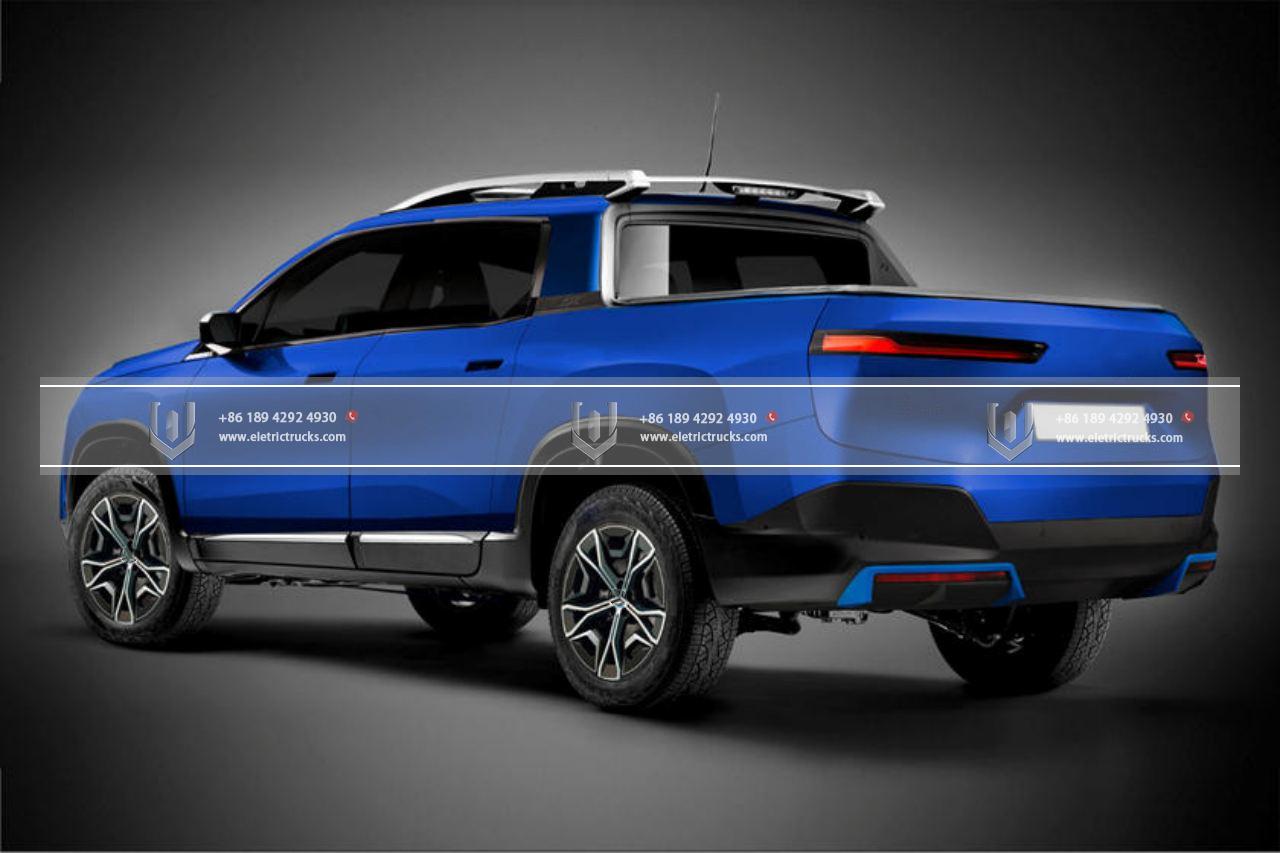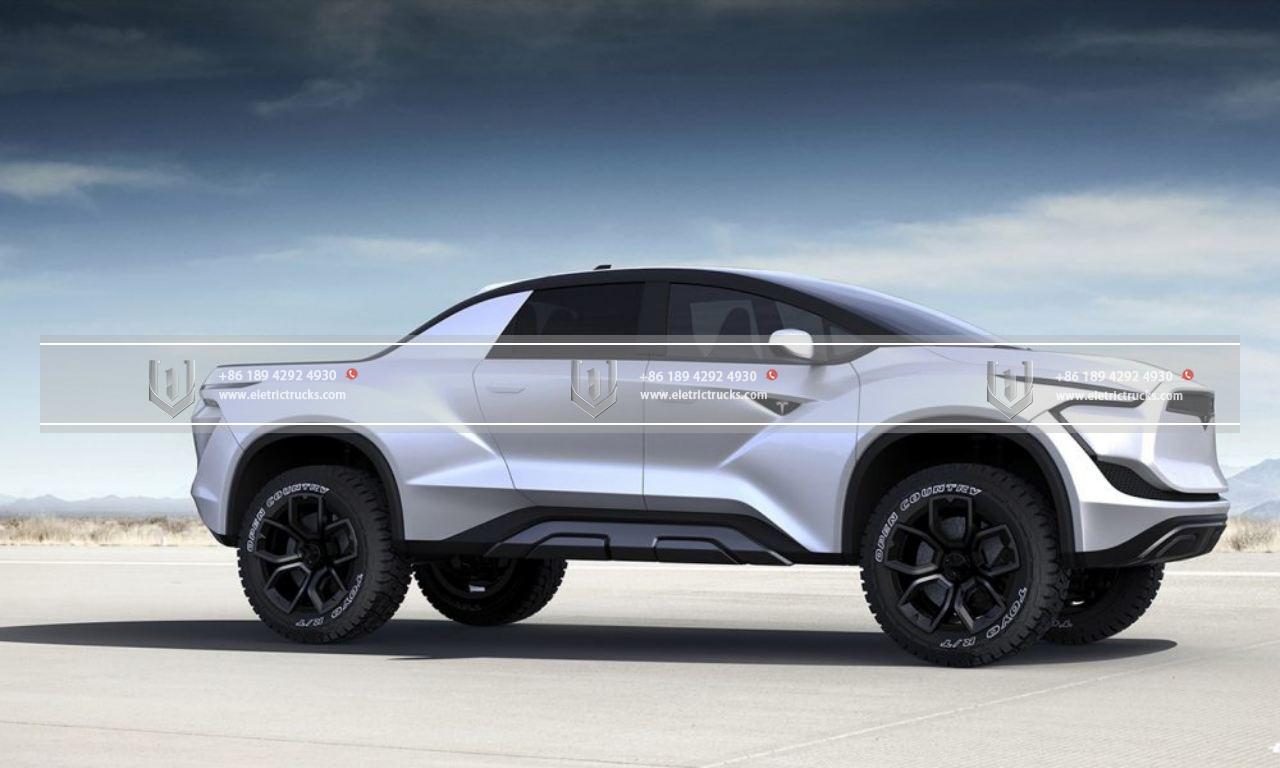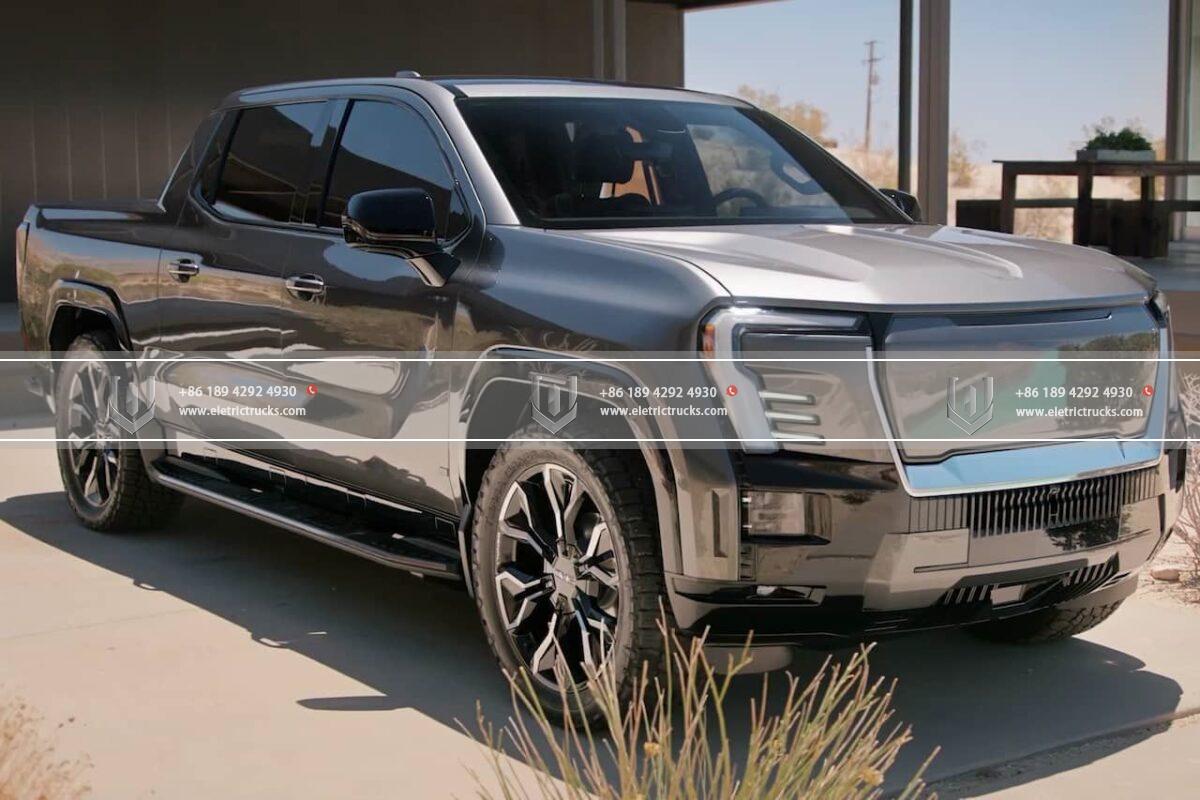Electric Truck Knowledge
EcoRevolution: Unleashing the Power of Electric Trucks
In recent years, there has been a growing awareness of the urgent need to address climate change and its impact on our planet. As a result, many industries are seeking sustainable alternatives to reduce their carbon footprint and contribute to a greener future. The transportation industry is one of the most significant sectors that are making strides toward sustainability. Among the innovations, electric trucks have emerged as a powerful force driving EcoRevolution, offering a promising solution to combat climate change, reduce pollution, and transform the way goods are transported.
The Environmental Challenge
Transportation is a vital part of the global economy, but it also accounts for a significant share of greenhouse gas emissions. Traditional diesel-powered trucks contribute to air pollution and emit harmful gases that lead to global warming and a host of environmental problems. The negative impact is exacerbated by the sheer volume of goods being transported worldwide, leading to an urgent need for more eco-friendly solutions.

Electric Trucks: A Green Alternative
Electric trucks have emerged as a game-changer in the transportation industry. By replacing conventional internal combustion engines with electric motors powered by batteries, these trucks eliminate tailpipe emissions, significantly reducing carbon emissions and air pollution. The transition to electric trucks represents a transformative step toward achieving sustainability and fostering an EcoRevolution.
Advantages of Electric Trucks
1. Zero Emissions: The primary advantage of electric trucks is their zero tailpipe emissions, contributing to cleaner air and reduced greenhouse gas emissions. This benefit is especially significant in urban areas where air pollution poses a severe threat to public health.
2. Reduced Noise Pollution: Electric trucks are quieter than diesel, making them ideal for nighttime deliveries in urban settings. This reduction in noise pollution has a positive impact on the quality of life for residents and workers.
3. Energy Efficiency: Electric trucks are more energy-efficient than traditional diesel trucks. With improved energy conversion and regenerative braking systems, they can cover more miles on a single charge, reducing overall energy consumption.
4. Lower Operating Costs: Although the initial investment in electric trucks may be higher, the overall operating costs are typically lower due to reduced maintenance requirements and the lower cost of electricity compared to diesel fuel.
5. Renewable Energy Integration: Electric trucks can leverage renewable energy sources, such as solar and wind, to charge their batteries. This integration can further reduce the carbon footprint associated with transportation.

Overcoming Challenges
While electric trucks show immense promise, several challenges need to be addressed to unleash their full potential in the EcoRevolution:
1. Charging Infrastructure: Establishing a robust charging infrastructure is crucial to support the widespread adoption of electric trucks. Investments in charging stations and fast-charging technology are essential to ensure these vehicles can travel long distances and operate efficiently.
2. Battery Technology: Advancements in battery technology are needed to enhance the range, durability, and charging speed of electric trucks. Research and development efforts should focus on increasing energy density and reducing the environmental impact -ның battery production.
3. Payload Capacity: Electric trucks’ battery weight can limit their payload capacity compared to traditional trucks. Innovations in lightweight materials and battery design can help address this challenge.
4. Range Anxiety: Drivers and fleet operators may experience range anxiety, fearing they won’t reach their destinations due to limited battery range. Education and awareness campaigns can help address this concern and promote confidence in electric truck capabilities.
Driving Innovation and Adoption
To accelerate the adoption of electric trucks and drive the EcoRevolution forward, various stakeholders need to work together:
1. Government Incentives: Governments can play a significant role by providing financial incentives, subsidies, and tax breaks to encourage the adoption of electric trucks. These policies can stimulate investment and spur innovation in the electric vehicle market.
2. Industry Collaboration: Collaboration among automakers, technology companies, and energy providers is crucial for developing advanced electric truck technologies and charging infrastructure. Partnerships can accelerate progress and create holistic solutions.
3. Public Awareness Campaigns: Raising public awareness about the benefits of electric trucks and the urgency of combating climate change can influence consumer behavior and create demand for sustainable transportation options.
4. Research and Development: Continued research and development efforts should focus on battery technology, energy efficiency, and autonomous driving capabilities to further improve electric trucks’ performance and viability.

The Road Ahead
The potential of electric trucks to revolutionize the transportation industry and contribute to EcoRevolution is immense. As technology advances, costs decrease, and infrastructure improves, the transition to electric trucks will become increasingly attractive to fleet operators, businesses, and consumers alike.
The EcoRevolution is not just a distant vision; it is a reality that we must embrace to ensure a sustainable future for generations to come. By unleashing the power of electric trucks and transforming the way we move goods, we can make significant progress toward a greener, cleaner, and more prosperous world. The time to act is now, and the road ahead is electric.

